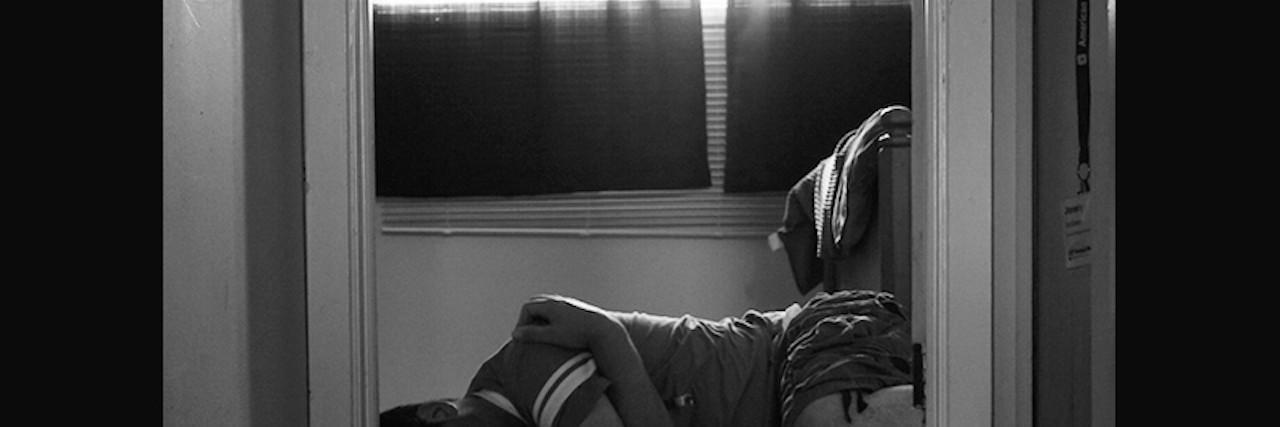Anxiety is the new fashion everyone must have. It’s becoming more prominent in the public eye. It’s the latest trend and will get you all the attention you want.
At least, that’s how many people make it out to seem.
I have suffered with major depressive disorder since the age of 13, and now being on the verge of 26, have received, within the last two years, a diagnosis of generalized anxiety disorder, bipolar II and ADD wrapped up in a pretty pink package. For the first 10 years I seldom exposed my illness to others, which had caused it to go untreated. Even in those years of hiding what I felt was a silly flaw, I heard many stereotypes about people with depression and anxiety. A lot of these thoughts were along the lines of: “It’s all in your head,” “Have you tried doing X, Y, or Z?” and “I know how you feel, I was depressed once.”
You’re right, it is in my head, my brain is what is not working correctly. Yes, I have tried exercising, eating better, meditating, writing and many other tactics to tackle my depression, and while these things have helped, I am not able to function on a day-to-day basis without my medications. And of course, everyone has felt depressed at some point in their life, but please understand that while your situational depression will likely go away, mine is a terrible dark shadow that looms over me every single day, sucking every ounce of hope, happiness and motivation I have.
Anxiety looms over me as well, constantly telling me people are thinking awful things about me, playing out the worst scenario in any situation, making me constantly uneasy and putting unsettling thoughts and feelings in my mind. Hearing all these things (which, really, are only a quarter of the issues stemming from my illnesses), most people would think: “Why would anyone want to use anxiety for attention?”
Well, that question is exactly mine, and many other sufferers’ thoughts on the matter. Too often we overhear or read people claiming we expose our anxiety or depression for attention. What I want those people to know is in many instances of people speaking about their anxiety or depression, we are trying to create awareness and help end stigma of the illnesses, or even just to find the help we need.
Yes, we do need some attention; sometimes the attention is what keeps us from completely going overboard. Sometimes we are not sure how to just ask for help. If we can draw some attention to how we are feeling, please do not disregard it and know we are truly seeking a hand to reach out, not pity. Of course it would be much simpler to just come out and say what we feel, but anxiety and depression pound into our heads that we are a burden to those we open up to. I know I personally feel as though I am bothering those close to me when I speak of my problems with my illness, and also feel as though I am bringing them down by talking about my inner demons.
I have made huge headway with my friends and family in helping them understand what I deal with on a daily basis and how they can help, and at times it seems most of the stigma has dissipated. Then, I hear someone make one of the comments previously stated, and I become discouraged. I don’t want sympathy or attention, and I do not expect everyone to understand something I do not fully understand myself. I just want acceptance, and the comfort in knowing I can easily speak about my illness without being judged. I am open to your suggestions on what you think may help, but please be open to the fact that depression is an illness I need to be medicated for.
Those of us who suffer fight a battle within our heads every day; some days we will win: we can get out of bed, do some errands and go to social events. Some days we struggle to stay in the fight and just want someone to listen or be near. We are taking life one day at a time. One hour at a time, even. Help us raise awareness, not stigma.
The Mighty is asking the following: Tell us a story about a time you encountered a commonly held misconception about your disability, disease, or mental illness. How did you react, and what do you want to tell people who hold this misconception? Check out our Submit a Story page for more about our submission guidelines.

